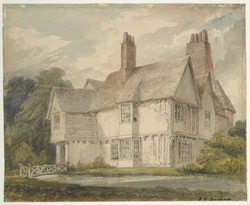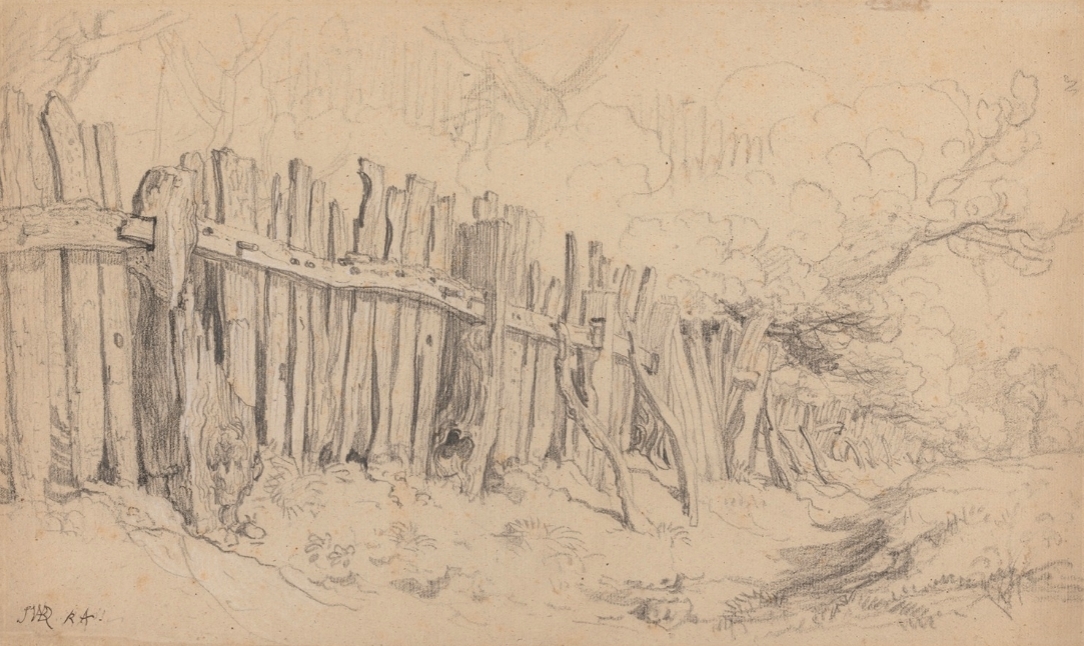I may suffer from the want of money. Younger sons cannot marry where they like.”
In 18th century finances, typically, the oldest son is the one who usually inherits most of the family money and estates, leaving the younger sons to look for wealth through marriages to women of wealthy families. "Younger sons with no expectations of succeeding to any paternal property, might come to inherit the estates of much wealthier families to whose heiresses they could never have hoped to aspire."
Clay, Christopher. “Marriage, Inheritance, and the Rise of Large Estates in England, 1660-1815.” The Economic History Review, vol. 21, no. 3, 1968, pp. 503–518. JSTOR, www.jstor.org/stable/2592747.


